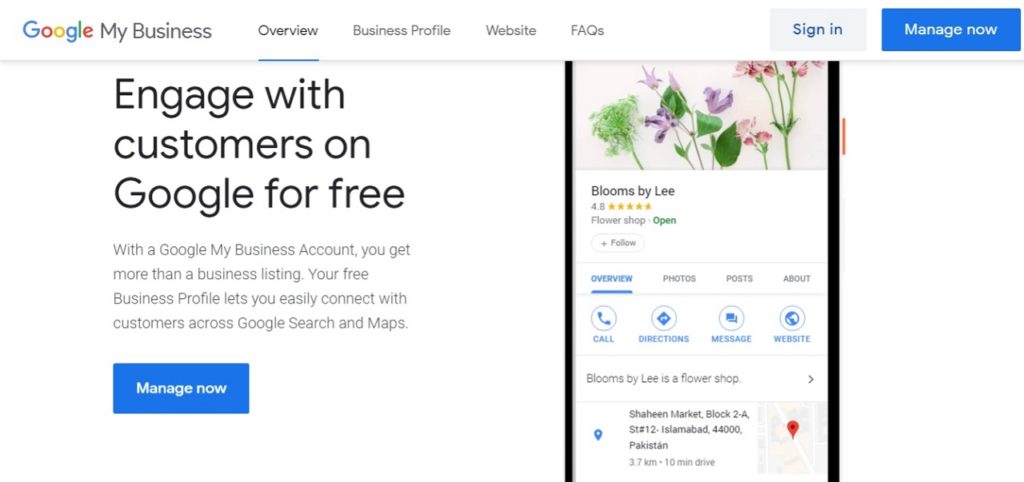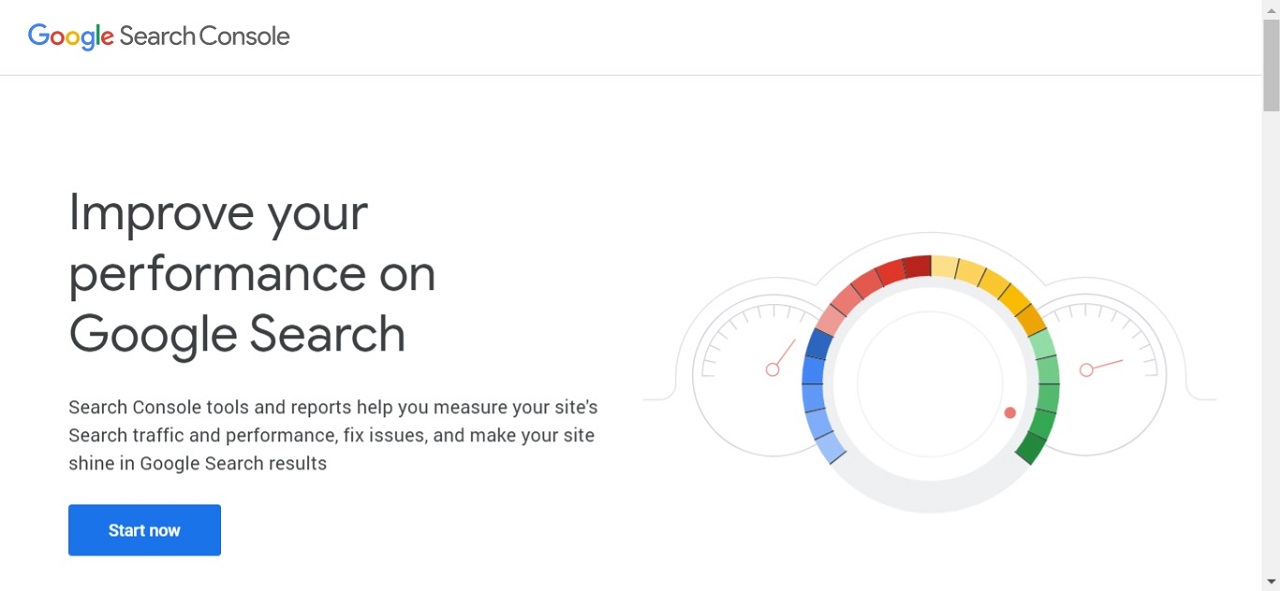Which would you rather be: A small fish in a big pond or a big fish in a small pond?
In the business context, it is rather difficult to compete with companies that have invested heavily in taking up the top slots in search engine results pages (SERPs) for similar products and services you’re offering.
So, if you can’t beat them – maybe don’t join them…? You’re likely wondering where we’re going with this.
Two words: Local SEO.
That’s right, folks. If you find that your business can’t compete with the already well-established brands in your industry when it comes to ranking on page one of Google search results, using a local SEO strategy is your next best bet.
So, what is local SEO, anyway? This guide explores the answer to this question as well as some top tips to boost your local SEO rankings.
What is Local SEO
You already know what SEO stands for. It’s search engine optimization – in case it slipped your mind. Add the word local to it, and it makes it less daunting and more attainable.

Local SEO refers to optimizing your online presence to attract a geographically local audience.
Why is that important, you might ask? Here’s a short illustration to answer that.
Suppose you are an attorney in Ohio, and you optimized your website to rank for keywords like “best personal injury lawyers.” Then, someone in Texas who presumably needs a personal injury lawyer searches using the phrase “best personal injury lawyers,” and sure enough, your website ranks among the first five results.
That’s great and all – since it means that your SEO efforts are certainly paying off, but that won’t do much to help you get clients through the door. Unless, of course, the searcher is willing to take inter-state flights back and forth every time they need a consultation.
Your initial intention was probably to target customers in your local area. But the execution was wrong.
The same thing applies if you have a medical practice, are a construction contractor, have a plumbing business, run a coffee shop, own a bakery, etc. Your target audience for your searches is the local community you work in, and that’s what you want to rank for.
How to Boost Your Local SEO Rankings
Now that you understand why local SEO is important, here are some tips you can apply to get better online visibility at a local level.
1. Optimize Google My Business
If you’re looking for local online visibility, it goes without saying that this is the first step you need to take. Simply create a new Google account or log in if you have one.

Next, head over to google.com/business, click Manage Now, and fill in the form with the requested details. These include things like the name of your business, the address, service areas, business category, contact phone number, and the website URL.
You can then optimize your profile by adding keywords that are relevant to your business. You can also upload photos to enhance your local visibility.
2. Build Local Backlinks
Building links from websites with high domain authority is just as important for local SEO as it is for traditional organic SEO. It is one of the most effective ways to bump-up the local ranking of your site using inbound links from industry and community sites and the local news.
Look for ways that your business can give back to the community and seek out active volunteer positions. Create content for your site that’s relevant in the local context. You can also reach out to local media outlets and newspapers and provide them with updates on any new newsworthy developments in your business.
You might be surprised by the link building potential such activities provide to raise your business’ profile in the local SERPs.
3. Build Accurate Local SEO Citations
Building citations is one of those things that sound a lot more complex than they are. A citation simply refers to your NAP (name, address, and phone number) information displayed online.
Google and several other websites typically use citations as sources of information about your business. You’ll find them on social media profiles, directory websites, local online newspaper stories, and event listings.
It is, therefore, important that you have accurate, consistent, and up-to-date citations to avoid sending confusing signals to search engines looking to verify your information. This could, in turn, hurt your business’ rank on SERPs.
There are several ways to build citations. You can use a citation building service, or do it manually by submitting your business NAP information to data aggregator sites and online directories.
4. Localize Your Website
The first step of localizing your website involves making sure that your full business address is listed on every webpage of your site – the most appropriate position being in the footer sections.
You’ll then need to embark on a local SEO keyword research mission to find the relevant keywords the target audience in your locale is using to search for your services. Incorporate these into the page titles, content, and anywhere else it would be appropriate to do so.
5. Use Google Tools

Google Search Console is one of the best local SEO tools out there for search engine ranking metrics. You can use it to look up the pages and keywords that give your site the most impressions in SERPs.
Use this as the basis for making sure that the pages appearing in the results pages have the most relevant content for users. You can then generate a local SEO report using Google Analytics to find out how much of your website traffic is local.
Keep an eye on your website’s local search rankings on the SERPs and monitor if the changes you implement have any effect on your position. That way, you’ll know if you’re making positive changes or need to adjust your approach.
Local SEO Rankings Equals Relevant Business Visibility
Local search visibility is more important than it’s ever been before. These search results now occupy prime spots in SERPs above the main organic results. So, if your business relies heavily on local customers, you need to put together a comprehensive marketing strategy to occupy the top spots in search engine results pages.
That way, you’re guaranteed to attract the attention of local consumers hunting for the products and services you offer. Talk to an expert SEO today to help you boost your local SEO rankings.

